
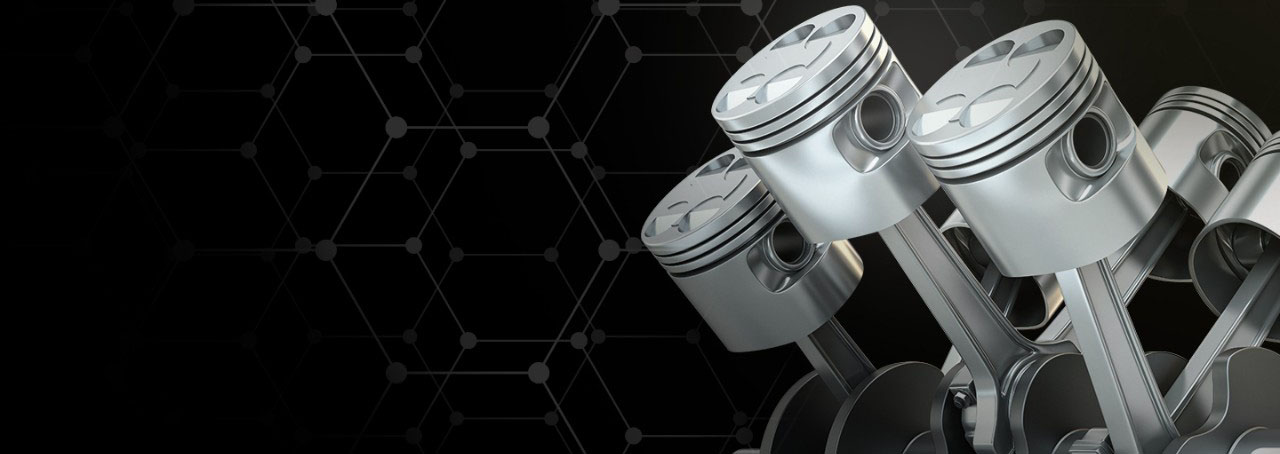
TECHNOLOGY IN ACTION
Filling up on a gasoline with Techron is always an upgrade because our research and development never stops. At the Richmond Technology Center, our team of chemists and engineers test and retest Techron’s effectiveness in all kinds of engine and vehicle conditions–to bring you results that are far from standard.






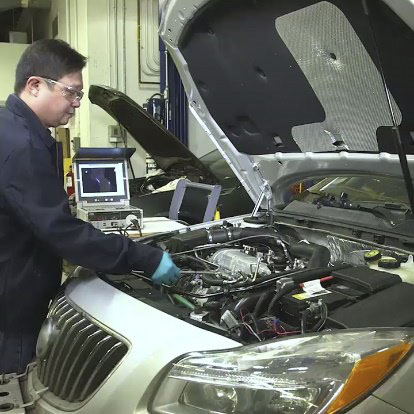



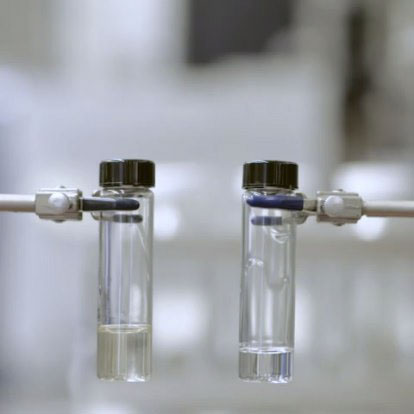



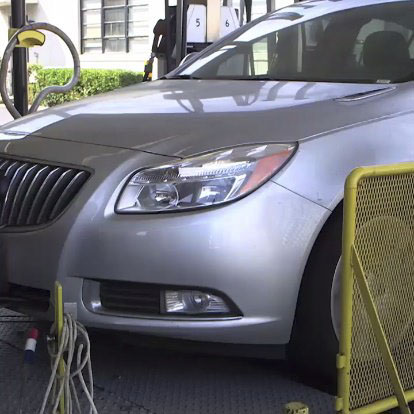



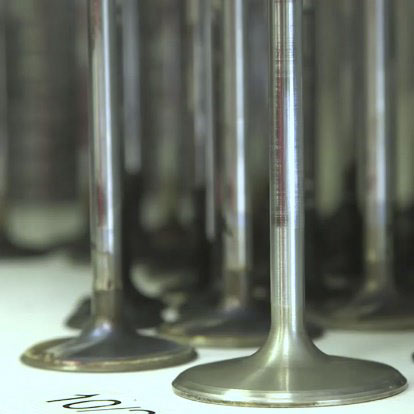

QUESTIONS AND ANSWERS
Techron, the special ingredient in all Chevron, Texaco and Caltex gasolines, makes them unsurpassed at keeping vital engine parts clean, helping your car perform at its best. Lower quality fuels can leave harmful deposits in your car's engine. As these deposits accumulate over time, your car may begin to hesitate during acceleration, knock or lose power. Gasolines with Techron are unbeatable at cleaning up and avoiding deposits. There's no better way for you to protect and maintain your engine's performance than by using a gasoline with Techron.
Many other gasolines use a detergent additive that's based on polybutene amine (PBA)-based chemistry. PBA additives do an adequate job of controlling intake system deposits–but only if the dosage in the fuel is high enough to do the job. In recent years, the concentration of PBA in many gasolines has fallen so low that the gasolines do not keep intake systems clean. And if a gasoline uses a concentration of PBA-based additive that's high enough to keep the intake system clean, the additive itself can contribute materially to combustion chamber deposits. Excessive combustion chamber deposits can cause an engine to need a higher octane gasoline to avoid knock or loss in performance. These excessive deposits can also cause higher tailpipe emissions.
No. While both based on polyetheramine chemistry, each is optimized for its particular application. Gasolines containing Techron helps clean engine deposits left by low quality gasolines and helps keep engines clean through regular use of a lower additive dose, while a bottle of Techron Concentrate Plus added to your fuel tank provides a quicker clean-up of deposits left by lower-quality gasoline, through a higher additive dose.
If you regularly use a high-quality gasoline such as Chevron, Texaco and Caltex, you probably don't need Techron Concentrate Plus. However, should you occasionally fill up with lower quality gasoline, you may need Techron Concentrate Plus to help clean up deposits that can build up over time. In addition, if you have an engine that is sensitive to deposit formation, or if your vehicle is regularly used under severe conditions, you may also benefit from using Techron Concentrate Plus.
Deposits on carburetors, fuel injectors and intake valves can cause your car to produce higher emissions, which contribute to air pollution. Gasolines with Techron are unbeatable at cleaning up and avoiding these deposits, giving you reduced emissions. And unlike the deposit control additives used by many oil companies, gasoline with Techron cleans up intake system deposits while minimizing the contribution to emission-causing combustion chamber deposits.
Knocking and pinging are generally caused by improper combustion in your engine. If the fuel-air mixture auto-ignites somewhere in the cylinder, the auto-ignition combustion wave can interact with the spark-initiated combustion wave, causing the vibration you hear as knock or ping. An increase in engine load, temperature, compression, spark-advance, air-fuel ratio and combustion chamber deposits all contribute to the tendency for an engine to knock. The use of higher octane fuel reduces this tendency. Deposits in the combustion chamber can increase you engine's appetite for octane by increasing the compression ratio. Fortunately, gasoline with Techron minimizes any contribution to potentially harmful combustion chamber deposits.






